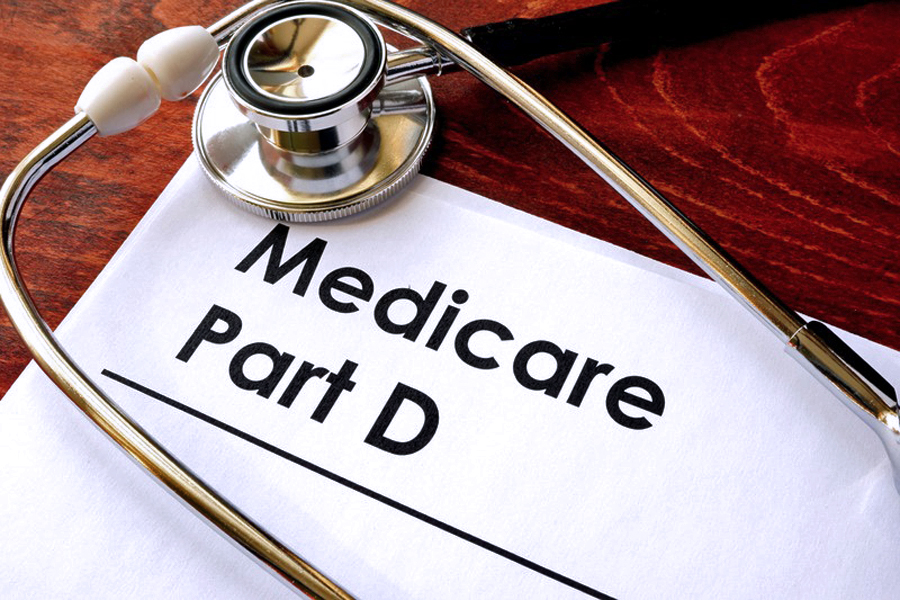Op-Ed: Democratic Socialism in America

“Americans have always understood the material progress owed to capitalism, but for just as long, they have also insisted upon their democratic right to curb its excesses.” (Americana – Bhu Srinivasan)
If this is Democratic Socialism, then it is pervasive in the United States and creeping up. Medicare for all and free college tuition are two recent examples of government action when the free market comes up short of the democratic ideals of access to healthcare and education.
Veterans have mostly benefited, and sadly at times, endured a system of socialized medicine in which the government owns the health facilities and employs the personnel, not unlike the UK’s National Health Service. The Veterans Health Administration fits most people’s definition of socialized medicine.
However, given the culture and values of American society, it was not reasonable to expect a similar system for civilians. Thus, Medicare was established in 1965 as an insurance system for the elderly and the disabled, with non-government organizations serving as providers. At the time, conservatives decried Medicare as socialized medicine. In a sense, they were right.
As the payor, Medicare sets rules about what or how it pays. For example, in the 1980s it implemented the Diagnosis Related Groups (DRGs) payment system to tackle wasteful spending. Hospitals were to be paid not on what individual doctors thought was the necessary lengths of stay for patients, but on the basis of protocols and past experience as to what should be the reasonable lengths of stay. Over the following decades, the lengths of stay of patients in hospitals plunged.
Medicare has experienced the mission creep that conservatives in the 1960s dreaded. The elderly increased as a percentage of the population, resulting in an increase in the percentage of the population covered by Medicare. In addition, the trend has been to increase the range of coverage offered by Medicare. Thus, in 2003, President George W. Bush signed into law Medicare coverage of prescription drugs.
Obamacare is another step toward the democratic socialist goal of universal access to healthcare. Like Medicare, it works with the system, bringing onboard private health plans through the mechanism of health exchanges.
It also established a mandatory list of essential health benefits that these private companies had to provide and prohibited discrimination on the basis of pre-existing conditions. The setback of eliminating the individual mandate is being offset by red states signing up for the Medicaid expansion included in Obamacare.
Medicare for all, as advocated by the left of the Democratic Party, is very expensive and probably a bridge too far right now. However, the ideal of universal access to healthcare is worthwhile and it is time for additional progress.
Free education has been expanding throughout the history of the United States. It fits the American, and democratic socialist, ideal of equality of opportunity. In fact, free universal primary education was one of the main demands by Karl Marx in the Communist Manifesto and opposed by the conservatives of the time. Today, only the lunatic fringe of conservatism would oppose free universal primary and secondary education, K-12.
Expansions in government participation could happen at both ends of the education spectrum: early childhood education and college education. It appears that the Democratic Party is focusing on free college education that benefits the middle class and is shortchanging early childhood education whose benefits accrues more to lower income groups.
Head Start, created in 1965, fits the mold of Medicare of mainly private providers receiving from the federal government both money and rules on how to spend it. College education presents a completely different, and more socialist, picture with 70% of enrollment in public institutions.
Most subsidies for higher education from the government are channeled in two ways, through allocations to public institutions and through money to students (Pell Grants and subsidized student loans), who then pay for their education in either public or private institutions. Like Medicare, Pell Grants and student loan programs entail tremendous power of the federal government over the education providers.
Like Medicare for all, free college tuition and universal early-childhood education are expensive and probably a bridge too far right now. However, the trend has been of government expanding educational opportunities for the population. Dramatic increases today in the Pell Grant and Head Start programs would be in line with the trend.
The history of the United States is on the side of the democratic socialist ideals of universal healthcare and free education. It is something to embrace. Trying to get there immediately would be fiscally and politically dangerous.
However, striving for some ambitious milestones would probably result in a faster journey to the final destination.

Author Vicente Feliciano is president of Advantage Business Consulting.












